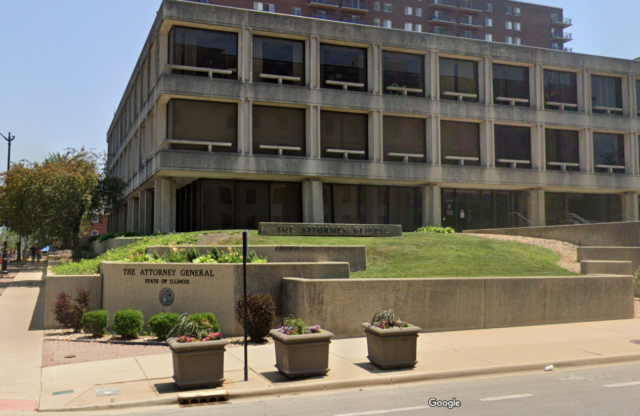In a bold move to stem the tide of private equity’s influence on health care, Illinois Attorney General Kwame Raoul, along with a cohort of other states’ attorneys general, is advocating for new rules that could redefine the landscape of health care mergers. Representing a multistate coalition of 11 attorneys general, Raoul submitted a comment letter to the Federal Trade Commission (FTC) and other federal departments, calling for increased scrutiny over healthcare transactions that involve private equity firms. The coalition has made it crystal clear: they see these transactions as a potential threat to the fabric of accessible, quality health care.
The concerns of the coalition, as highlighted by Raoul, hit close to home for many Americans. With the belief that “health care consolidation, which is often driven by private equity, can lead to higher prices for health care services while the quality of care worsens or remains stagnant,” the Illinois Attorney General is not just voicing concerns but also championing proactive legislation within his state. In Illinois, Raoul successfully pushed for a law that widens the state’s ability to oversee proposed healthcare mergers and acquisitions, but this issue is not constrained to Illinois boundaries—it is national in scope.
The facts are alarming: over the past two decades, healthcare consolidations have doubled, driven largely by private equity firms. The overall impact of these transactions, according to the attorneys general, is far from benign. Research cited, encompassing the period from 2010 to 2020, laid out a staggering $750 billion worth of deals that swept across all corners of the healthcare industry—from hospitals to hospices. Often, these private equity-owned entities establish a controlling presence, exerting influence over more than half of the healthcare services within certain specialties and regions. The overarching worry here, clearly articulated by Raoul and his colleagues, is that such dominance could stifle competition, jack up prices, and degrade quality, leaving patients on the losing end.
Aside from sounding the alarm, the attorneys general are not shying away from offering solutions. They are calling for regulatory actions that not only introduce more stringent oversight but also dismantle anticompetitive behavior. Specifically, Raoul and other attorneys general are hammering home the importance of granting enforcement agencies full access to details on organizational structures and care quality. This would apply especially to organizations where an investor owns less than 25% of a holding entity or asset, which typically fly under the radar of federal antitrust authorities. Such access could be instrumental in protecting consumers from inflated healthcare costs and subpar care.
The collaboration among these top legal authorities signals a growing recognition that the healthcare industry’s increasing consolidation poses significant challenges. Attorney General Raoul, teaming up with the attorneys general of California, Connecticut, Delaware, the District of Columbia, Minnesota, New Jersey, Oregon, Pennsylvania, Rhode Island, and Washington, is demonstrating a unified front—a coalition that understands the stakes and is willing to wield its collective power to fight against encroaching private equity influence in health care. With the newly initiated Illinois legislation, which came into effect in January 2024 requiring a premerger notification program for healthcare entities, Raoul and his coalition are setting the stage for an earnest crackdown on anticompetitive behavior that threatens the public interest.



![How physicians can fight back against private equity takeovers [PODCAST]](https://eualternatives.com/wp-content/uploads/2024/06/1719705131_How-physicians-can-fight-back-against-private-equity-takeovers-PODCAST-238x178.jpg)
